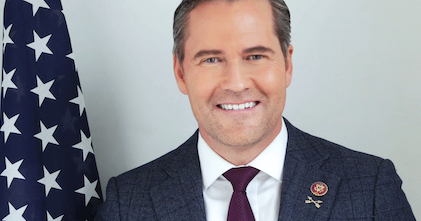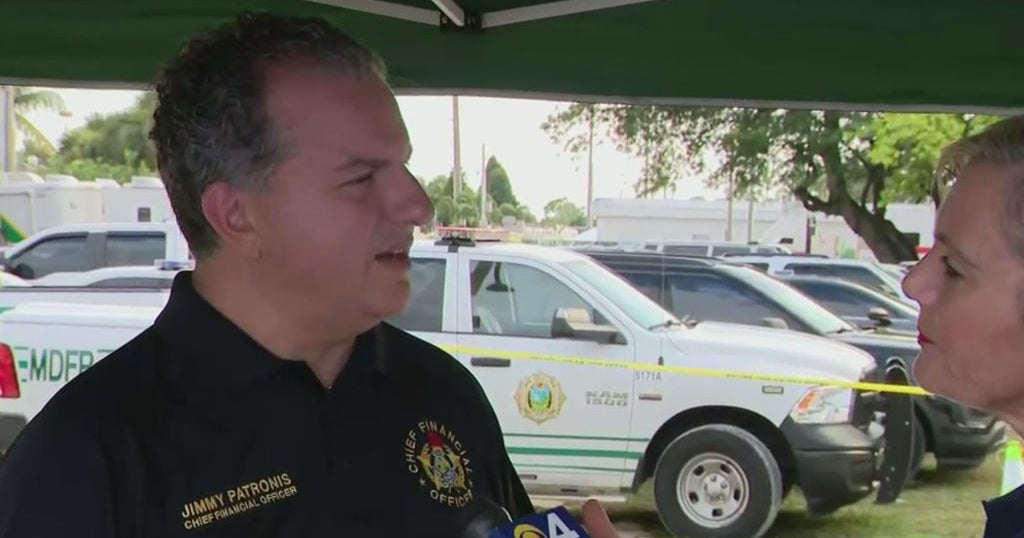Fla. Health Care Suit Hits Appeals Court
ATLANTA (CBSMiami.com) – In the most closely watched legal challenge to the federal health care law passed last year, Florida attorney general Pam Bondi argued against the individual mandate before a three judge panel from the 11th U.S. Circuit Court of Appeals Wednesday.
Bondi, and former Florida Attorney General Bill McCollum, have been at the forefront of the fight against the federal health care law. McCollum filed his lawsuit within minutes of President Barack Obama signing the health care bill into law.
"Let's talk about the individual mandate," Joel Dubina, chief judge of the 11th U.S. Circuit Court of Appeals, said early in hearing that lasted 2 ½ hours. "That's the heart of this case."
The crux of the case surrounds whether Congress can mandate Americans buy a product like health insurance. The justice department says yes because it involves interstate commerce covered by the Commerce Clause in the Constitution. Florida and other states said no.
"They (uninsured people) are not engaged in commerce," said Paul Clement, a lead attorney for the opponents, which also include 25 other states. "They're sitting in their living rooms. They're not doing anything."
The government's case, led by acting U.S. Solicitor General Neal Kumar Katyal, said that decisions to not buy insurance impact interstate commerce because people seek care at hospital emergency rooms, shifting billions of dollars a year in costs to people who pay them through increased insurance premiums.
"Congress is entitled to wide deference in the way it deals with the problem," Katyal said.
And the judges on the case were actively involved in trying to get to the heart of the arguments of both sides. The judges repeatedly interrupted the attorneys with questions during Wednesday's hearing.
One judge inquired about being forced to buy long-term care insurance; while another judge questioned one side saying that everyone is just an "instant away" from needing health care.
When asked about whether health care could be considered unique compared to other types of products or services, one attorney for the plaintiffs in the case responded, "What difference does it make if it is unique?"
Both sides were peppered with questions, making it difficult to ascertain exactly how the panel will rule. No matter what the decision is, the case will be headed to the U.S. Supreme Court for an ultimate decision.
Politically, the health care fight helped drive tea party victories in the 2010 midterm elections. But, two of the three judges were appointed by former President Bill Clinton, which has given liberals a glimmer of hope of reversing the original decision from a lower court overturning the health care law.
One aspect the judges inquired about was the severability of the law. The judges wanted to know if the law could continue if the individual mandate was deemed unconstitutional. The government said yes, but it would also allow insurers from denying coverage to people with pre-existing conditions.
The judges also questioned a part of the law that will allow millions of additional people to sign up for Medicaid in 2014 due to income-eligibility changes.
Florida officials said that the changes would force them to expand Medicaid and if they didn't, they could lose billions in federal Medicaid funds. Katyal said the feds will pick up the tab for the newly eligible people and later will still pay 90 percent of the cost.
There's no word on when to expect a ruling, but the losing side will have the choice of having a hearing before the full court of appeals, or simply appeal it up to the U.S. Supreme Court.



